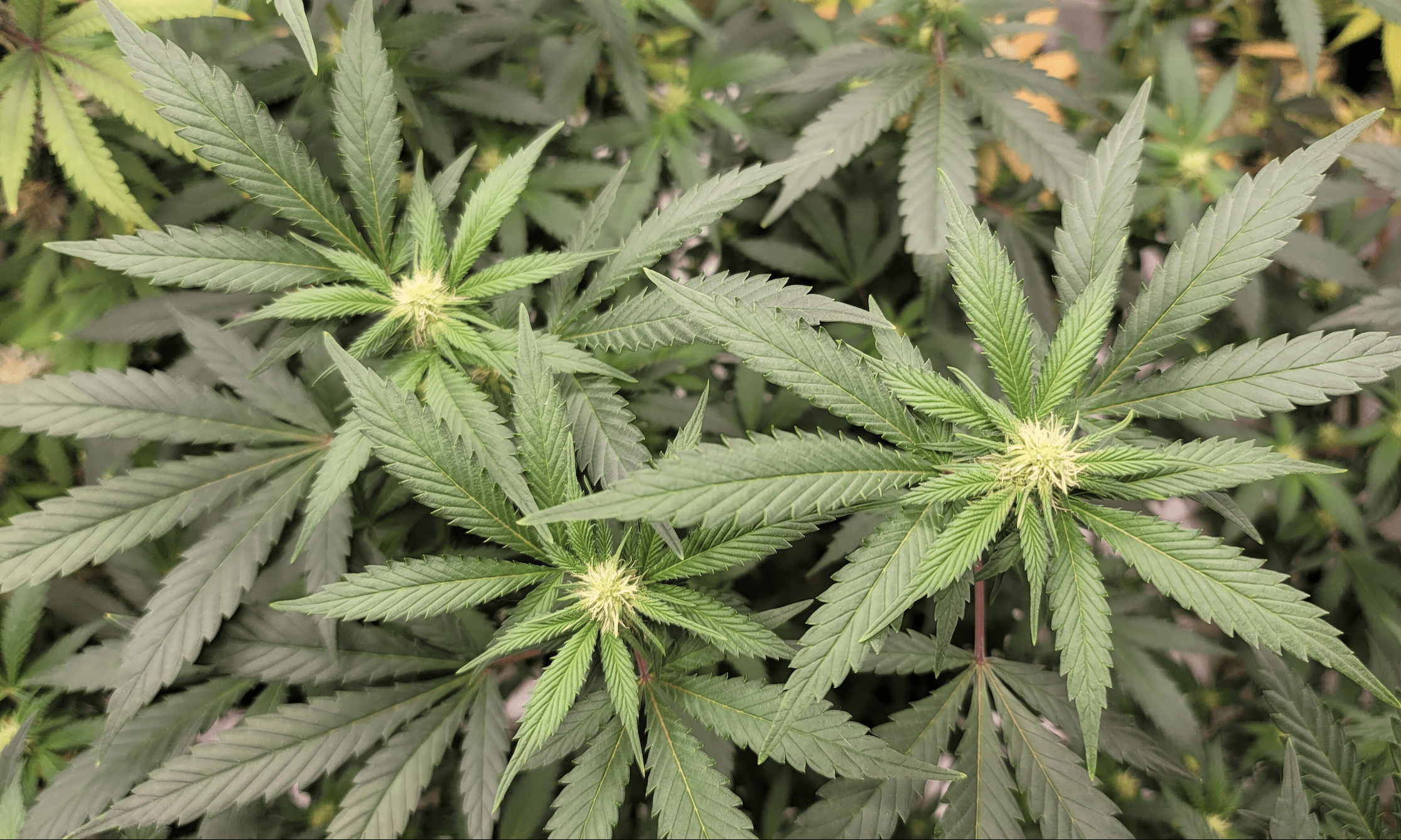Politics
Congress Pushes Marijuana Protections For Immigrants, Advertisers And Banks In Spending Bills

Congressional leaders are proposing a number of marijuana policy changes in newly released spending legislation, including protections for immigrants who use cannabis, freeing up marijuana-related advertising and providing the industry with access to the banking system. There are also provisions concerning hemp.
The Fiscal Year 2023 spending bills for the Department of Homeland Security (DHS), Financial Services and General Government (FSGG) and U.S. Agriculture Department (USDA) each contain cannabis provisions, some of which have been included in prior appropriations measures but others that are new.
Among the more notable is a section for DHS that says the department couldn’t use any federal funding to deny admission to, or deport, immigrants who’ve used or possessed marijuana. Here’s the text:
“Sec. 536. No Federal funds may be used by the Department of Homeland Security to deny any benefit application for admission, or protection available to an individual under the Immigration and Nationality Act on the sole basis of any event, conduct, finding, admission, history of substance use disorder, arrest, or juvenile adjudication related to cannabis possession, consumption, or use, or to a conviction solely based on such possession, consumption, or use.”
Similar language also advanced through the appropriations process last year, but it was not included in the final package following bicameral negotiations.
According to the U.S. Citizenship and Immigration Services (USCIS), a person who admits to using cannabis—even in compliance with state law—is morally unfit for citizenship. The agency clarified that position in a 2019 memo, adding that employment in a state-legal marijuana market is another factor that could impact a person’s immigration status.
Standalone legislation has been introduced this session to resolve the problem, but it has yet to be acted on. It does not seem that the appropriations legislation would specifically help immigrants who work in the commercial marijuana market, however.
Over in FSGG, the spending bill that the relevant appropriations subcommittee will be taking up this week includes language to safeguard financial institutions that work with state-legal marijuana or hemp businesses. Here’s the text:
“SEC. 631. None of the funds made available in this Act may be used to penalize a financial institution solely because the institution provides financial services to an entity that is a manufacturer, a producer, or a person that participates in any business or organized activity that involves handling hemp, hemp-derived cannabidiol products, other hemp-derived cannabinoid products, marijuana, marijuana products, or marijuana proceeds, and engages in such activity pursuant to a law established by a State, political subdivision of a State, or Indian Tribe. In this section, the term ‘State’ means each of the several States, the District of Columbia, and any territory or possession of the United States.”
Again, there have been past attempts to fix the cannabis banking problem through appropriations, but it’s yet to produce results. This also comes as bicameral negotiators consider whether or not to include the text of the bipartisan Secure and Fair Enforcement (SAFE) Banking Act in a large-scale manufacturing bill that’s currently in conference.
There are separately high-level talks in both chambers about potentially moving a package of marijuana reform legislation this year that would include cannabis banking protections.
A new section was included in the FSGG bill that addresses cannabis advertising. It states that the Federal Communications Commission could not use federal funds to penalize TV or radio broadcasters for airing cannabis ads in jurisdictions that permit the sale of such products. Here’s the text:
“SEC. 512. Notwithstanding section 421 of the Controlled Substances Act, or any other provision of law, none of the funds made available in this Act to the Federal Communications Commission may be used, with respect to an authorization for radio or television stations, to deny, fail to renew for a full term or condition the authorization, decline to approve an application for authority to assign the authorization or transfer direct or indirect control of the licensee, require an early renewal application, or impose a forfeiture penalty because the station broadcast or otherwise transmitted advertisements (a) of a business selling cannabis or cannabis-derived products, the sale or distribution of which is authorized in the State, political subdivision of a State, or Indian country in which the community of license of a station is located, or (b) of a business selling hemp, hemp-derived CBD products or other hemp-derived cannabinoid products.”
The FSGG spending bill also does not include a rider from Rep. Andy Harris (R-MD) that’s previously been enacted into law to prohibit Washington, D.C. from using its local tax dollars to implement a system of regulated marijuana sales.
President Joe Biden, who opposes legalization, has sought to continue that ban on cannabis commerce in the nation’s capital in his budget requests to Congress.
Finally, the appropriations bill that allocates funding for USDA again specifies that the department can’t use federal dollars to interfere in the processing, transportation or sale of hemp, which was federally legalized under the 2018 Farm Bill. Here’s the text:
“SEC. 741. None of the funds made available by this 16 Act or any other Act may be used—
(2) to prohibit the transportation, processing, sale, or use of hemp, or seeds of such plant, that is grown or cultivated in accordance with section 7606 of the Agricultural Act of 2014 or Subtitle G of the Agricultural Marketing Act of 1946, within or outside the State in which the hemp is grown or cultivated.”
This language, too, has been included and annually renewed through appropriations in past years.
The draft bills will be marked up at the subcommittee level this week, with the full House Appropriations Committee set to vote on them next week. Spending bills for other departments and divisions that have yet to be released are also expected to touch on cannabis and other drug policy reform issues.
Photo courtesy of Mike Latimer.
















